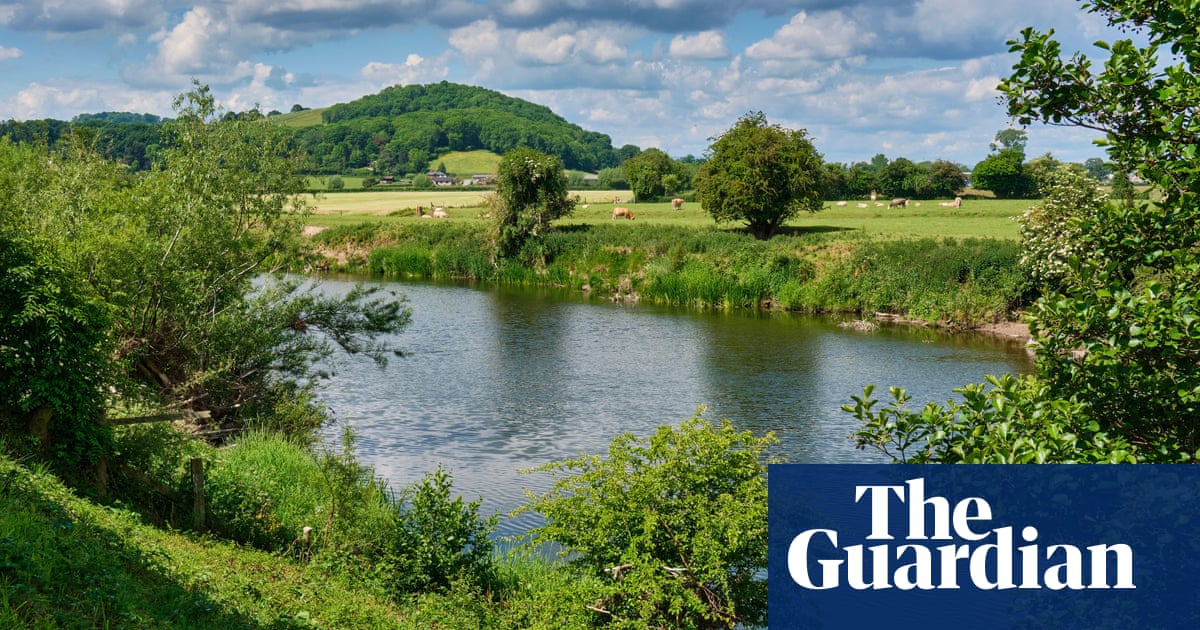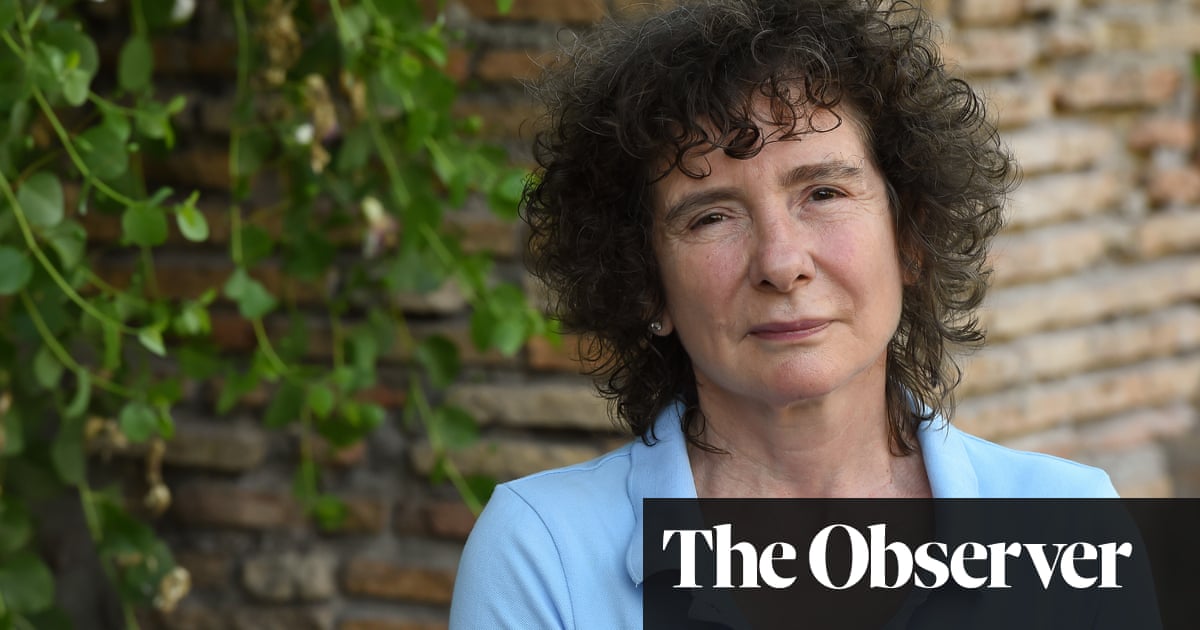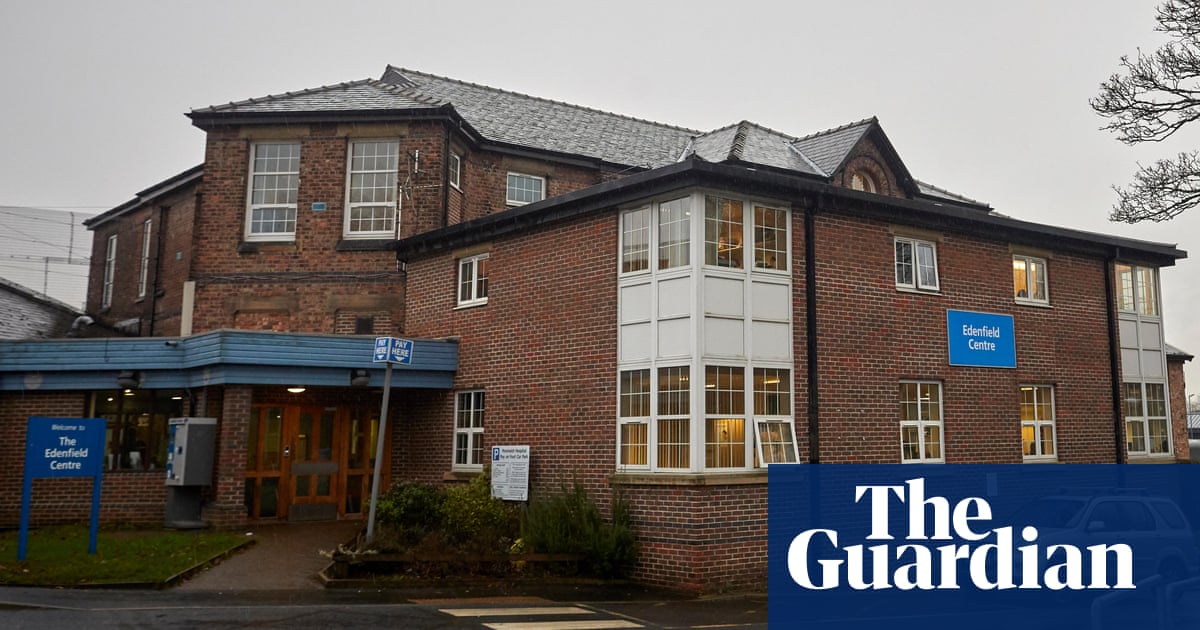
The River Wye’s health status has been downgraded by Natural England, as wildlife charities accuse the government of failing to stop farming pollution harming the waterway.
The government nature watchdog has updated the status of the river from “unfavourable-improving” to “unfavourable-declining”, meaning its condition is poor – and worsening.
The assessment shows the river, which flows for 155 miles from mid-Wales to the Severn estuary in England, has experienced declines in key species such as the Atlantic salmon and white-clawed crayfish.
Previous studies have linked its decline – the river has been pictured over the years going from clear and full of wildlife to the colour of pea soup – to intensive chicken farming on the catchment. This is because the poultry reared in the area produce large amounts of manure, which contains nutrients including phosphorus. Much of this is spread on the land, which can result in the phosphorus it contains entering the river.
The Wildlife Trusts, which manages nature reserves across the Wye catchment, has expressed concern at the downgrading of its status and urged the government to take action.
It is calling for ministers in England and Wales to place an immediate policy moratorium on any new or extended intensive livestock production units (poultry, cattle and pig) in the Wye catchment. It is also asking for farmers and supermarkets to work with nature charities to put an end to the pollution, and for farmers in the area to be rewarded for providing public goods and enabled to diversify into regenerative and sustainable methods of production which cause less pollution.
Joan Edwards, the director of public affairs at the Wildlife Trusts, said: “That the Wye is in even worse condition now will come as no surprise to the people that love and live near it. But this new admission represents a shocking failure by the agencies and authorities in Wales and England that are supposed to protect this once beautiful river.
“Wider research shows that farm pollution is the main cause of its decline – that’s why the authorities must enforce the law wherever the causes of pollution are clear. It’s time to prevent more chicken sheds from being built and ensure that all farmers are rewarded for nature-friendly, cleaner food production methods.”
Thérèse Coffey, the environment secretary, said: “The River Wye is clearly struggling and it is vital that we turn the tide on its decline. As I set out in our plan for water, we need local plans catchment by catchment, community by community to tackle issues that are affecting water quality. Bringing people together from the local communities, it is clear we have a common goal. We do all need to work together at a greater pace and with purpose to actively support our farmers and food producers to produce food sustainably and reduce pollution.”












